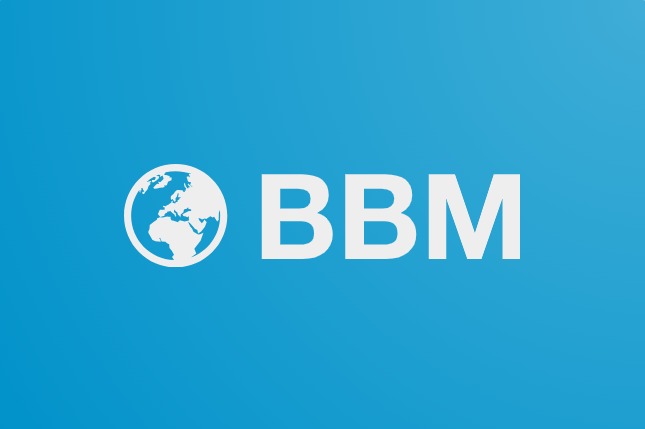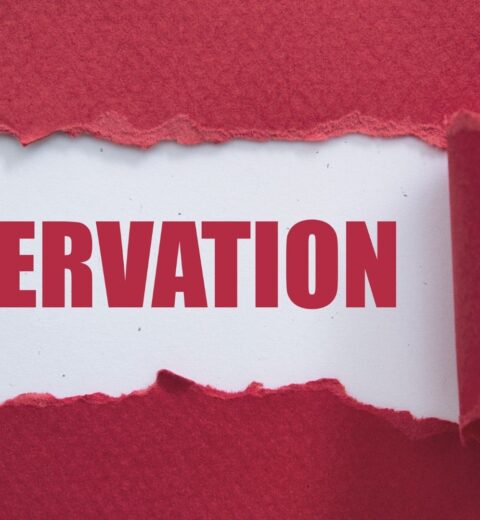Some of the links in this article are "affiliate links", a link with a special tracking code. This means if you click on an affiliate link and purchase the item, we will receive an affiliate commission.
The price of the item is the same whether it is an affiliate link or not. Regardless, we only recommend products or services we believe will add value to our readers.
By using the affiliate links, you are helping support our Website, and we genuinely appreciate your support.
[matched_title]
- Burlington’s Keurig Dr Pepper agreed to buy the owner of Peet’s Coffee for $18 billion and plans to spin off its coffee brands into a separate public company.
- President Trump’s halt of the nearly complete Revolution Wind project has far-reaching implications for Rhode Island.
- Applegreen has sent a cease-and-desist letter to Global Partners, saying the company should stop making false statements about its rival for the redevelopment lease for Massachusetts’ 18 highway service plazas.
What’s up with jobs?
With Labor Day approaching, it’s a fair question — but not an easy one, even for the experts.
The latest: “While the labor market appears to be in balance, it’s a curious kind of balance,” Federal Reserve Chair Jerome Powell said Friday in his most anticipated speech of the year.
While the jobless rate edged up last month, it remained low by historic standards. That’s because fewer people are entering the labor force, muting the impact of slower hiring, Powell said.
“This unusual situation,” he warned, could lead to “sharply higher layoffs and rising unemployment” if employers pull back hiring even further.
To support the labor market, the Fed chief opened the door to lowering interest rates as soon as September — though a sudden inflation spike could derail such a move.
It would be the first drop in Fed borrowing costs since December, and investors applauded by sending the Standard & Poor’s 500 index to its biggest one-day gain since May.

The local angle: A rate cut would be especially welcome in Massachusetts, where the job market began losing steam long before the nation overall.
The state’s unemployment rate climbed from 4.1 percent at the end of last year to 4.8 percent in July. The national rate ticked up just 0.1 percentage point to 4.2 percent over the same period.
Why?
The pool of available workers has expanded here modestly faster than across the nation, as more Massachusetts residents start searching for a job. The US labor force actually declined over the past three months, a trend Powell attributed to President Trump’s tighter immigration policies.
Meanwhile, local hiring has sputtered. Employer payrolls are up just 0.2 percent over the past year, compared with a 1 percent increase nationally.
Step back: Massachusetts’ struggles aren’t new.
Job creation here has trailed the nation for much of this century — and we’ve heard the reasons countless times.
The population is aging. The loss of residents to other states has accelerated. Aggravating the demographic challenge: high taxes and business costs, unaffordable housing, bad traffic, and cold winters — all of which have boosted the appeal of Sun Belt states.
But: The rest of the nation is now getting squeezed — and Trump’s policies are at least partly to blame.
As my colleague Omar Mohammed explained last week, local employers are hunkering down amid tariffs, federal cuts to medical research and health care spending, and the administration’s attack on higher education and opposition to offshore wind and other green tech.
Powell cautioned that changes in taxes, government spending, and regulation may impact the economy.
“There is significant uncertainty about where all of these policies will eventually settle and what their lasting effects on the economy will be,” he said.
Zoom in: Local job losses over the past year have been concentrated in a few important sectors:
- Professional and business services — the white-collar army of lawyers, accountants, analysts, and managers — has shed 9,400 jobs (1.5 percent of the total).
- Education services — including colleges and universities — is down 4,800 jobs (2.5 percent).
- Leisure and hospitality and construction are treading water, while retail, wholesale, and manufacturing have seen modest losses.
A rare bright spot: health care and social assistance added 13,500 jobs over the past year, a gain of 2.1 percent, to meet increased demand for services. But with health systems’ budgets facing government spending cuts, those gains may not last.
The finance sector, including banks and mutual funds, has grown by 2,500 jobs (1.1 percent) amid a stock market rally.
Final thought: The economy is slowing, but a recession isn’t inevitable.
Not a few people — including two Fed governors — argue that the Fed should have already cut rates. They have a point.
Regardless, Powell is now on board.
The scope of the rate cuts will depend on how severely the job market weakens and how much tariffs worsen inflation.
The most recent Consumer Price Index report showed prices for goods ticking up as import taxes kick in. Further increases could force the Fed into a bind because higher rates are its only weapon against surging prices.
“We’re getting some cross-currents and it’s in a difficult environment,” Chicago Fed President Austan Goolsbee told Bloomberg last week. “I always say the hardest job the central bank has is to get the timing right at moments of transition.”
The stakes are high. Millions of jobs are on the line.
“I said, I think it would be good having the United States as your partner. He agreed.”
— President Trump, on his deal with Intel CEO Lip Bu Tan for the US government to take a 10 equity stake in the troubled semiconductor manufacturer.
Invasive procedure: South Shore Health laid off 51 employees and said it would eliminate more jobs in coming weeks, the latest in a wave of cutbacks by Massachusetts hospitals hit by escalating costs and bracing for federal spending reductions.
Put to the test: Campus leaders say new admission rules from the Trump administration could derail efforts to balance equity with academic excellence.
Brain power: While universities contemplate the use of artificial intelligence in the classroom, they are relying on the technology to cut down on operating costs and save staff time.
Checking out: “They don’t remember who they are anymore”: Why Target is falling behind Walmart.
Filling in a hole: Rhode Island’s Ocean State Media is offering buyouts and may resort to layoffs to close a $1.1 million budget gap after Congress eliminated public media funding.
What gives? Mayoral challenger Josh Kraft called on Mayor Michelle Wu to address allegations that the city is retaliating against property owners who have sought tax breaks amid falling office building values.
— The stock price decline this year of Ǿrsted, the Danish wind power company, whose nearly complete project about 15 miles south of the Rhode Island coast was put on hold by the Trump administration on Friday.

I can’t swear Bill Belichick slept there — or girlfriend Jordon Hudson — but the former Patriots coach does own the two-bed, two-bath beachfront cottage on Nantucket that has hit the market for $3.895 million.
Belichick, who is now running the football show at the University of North Carolina, bought the property in the village of Siasconset for $2.45 million in 2014.
As the Globe’s Camilo Fonseca reports, Belichick isn’t abandoning Nantucket: He owns several other properties there, including a home across the island on Fair Street he bought last year for $4.8 million.
🎂 Elvis Costello (71) and Jeff Tweedy (58) of Wilco are both celebrating birthdays today.
Thanks for reading. Trendlines will be back on Thursday.
✍🏼 If someone sent you this newsletter, you can sign up for your own copy.
Larry Edelman can be reached at larry.edelman@globe.com.
BBM JOB




